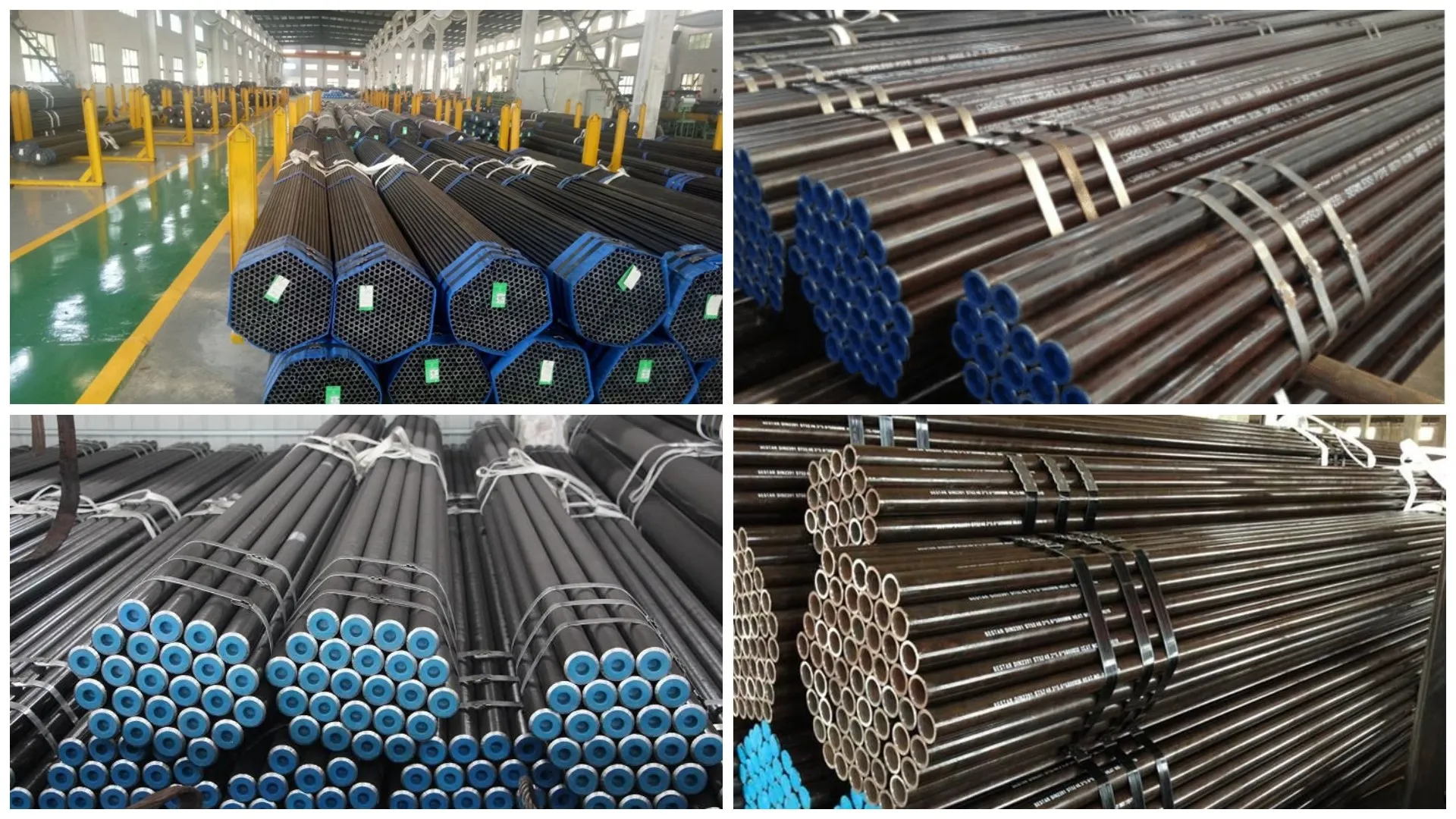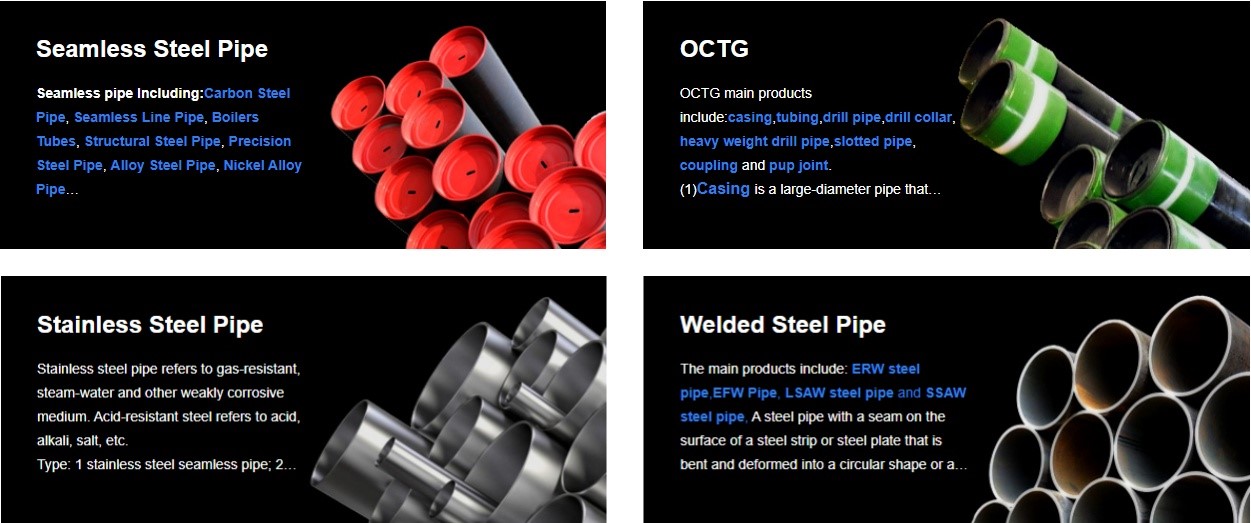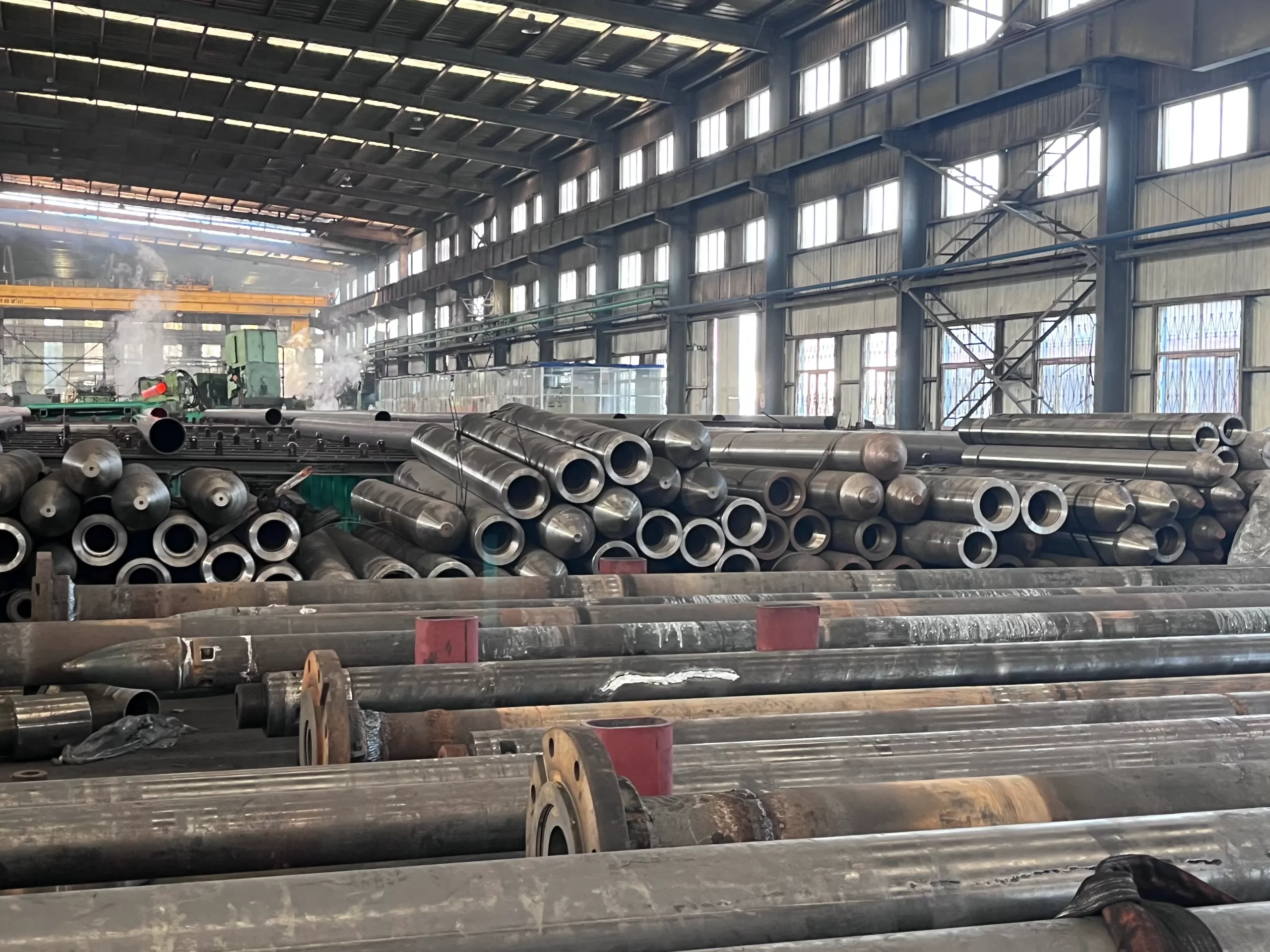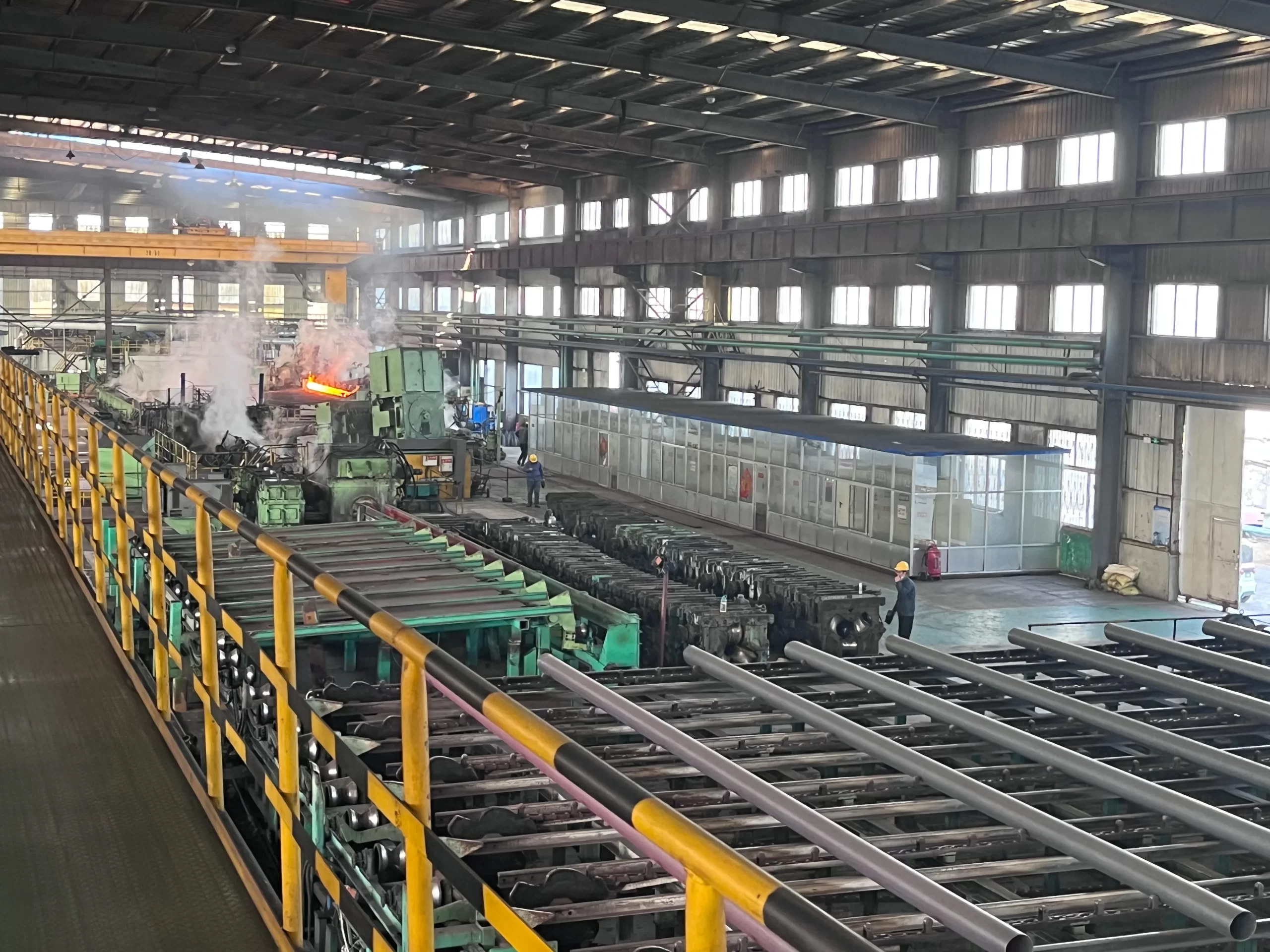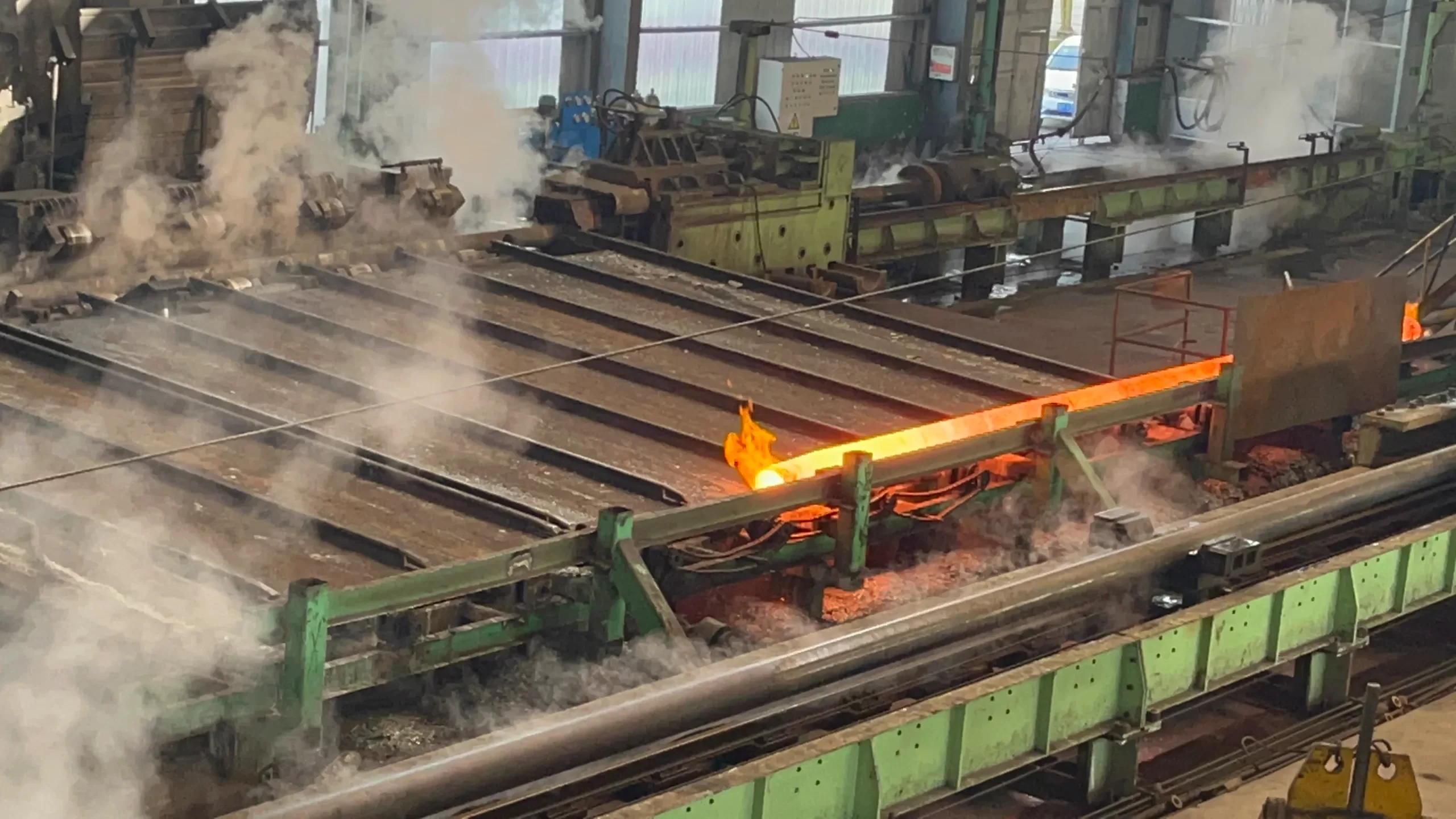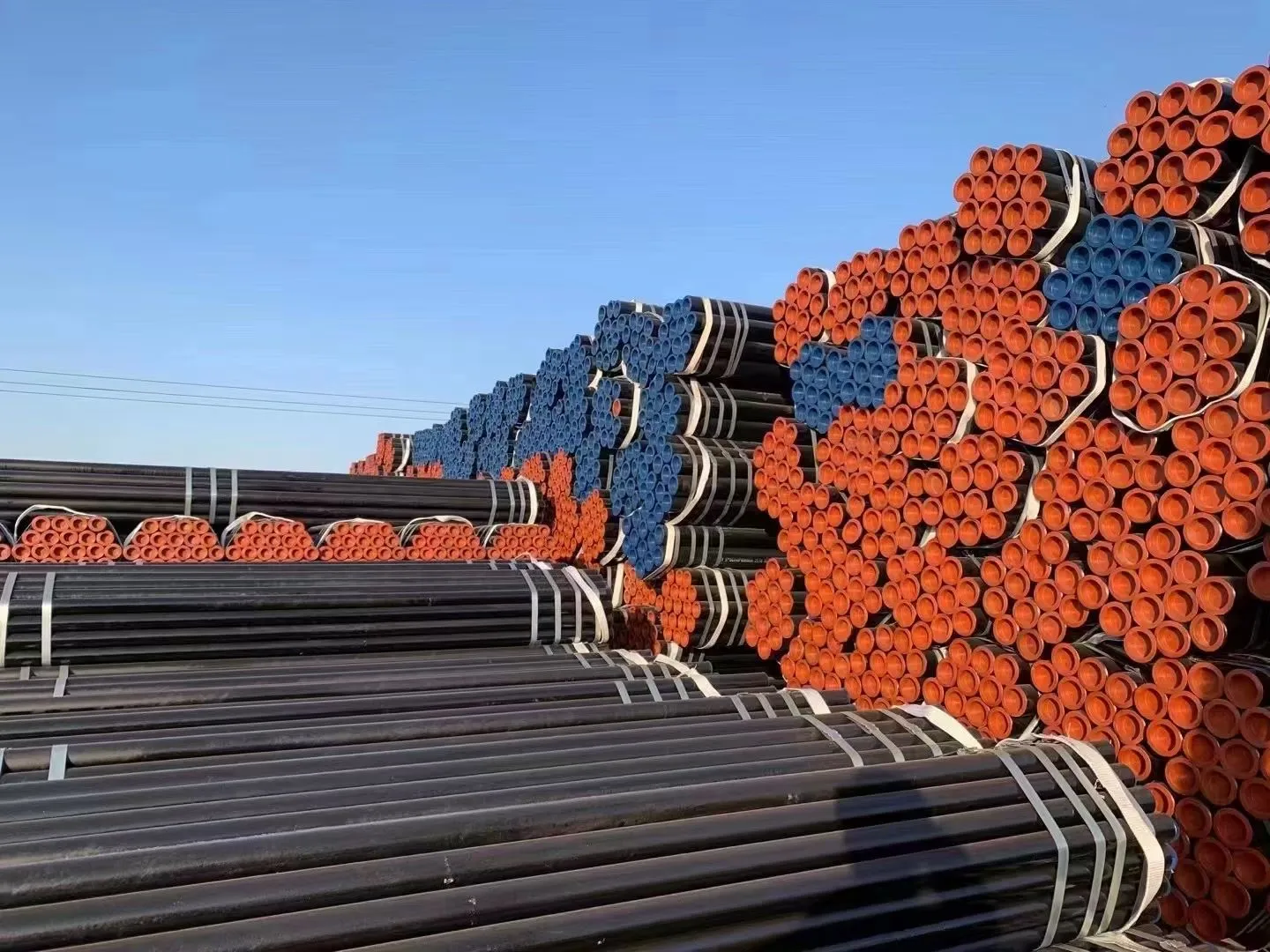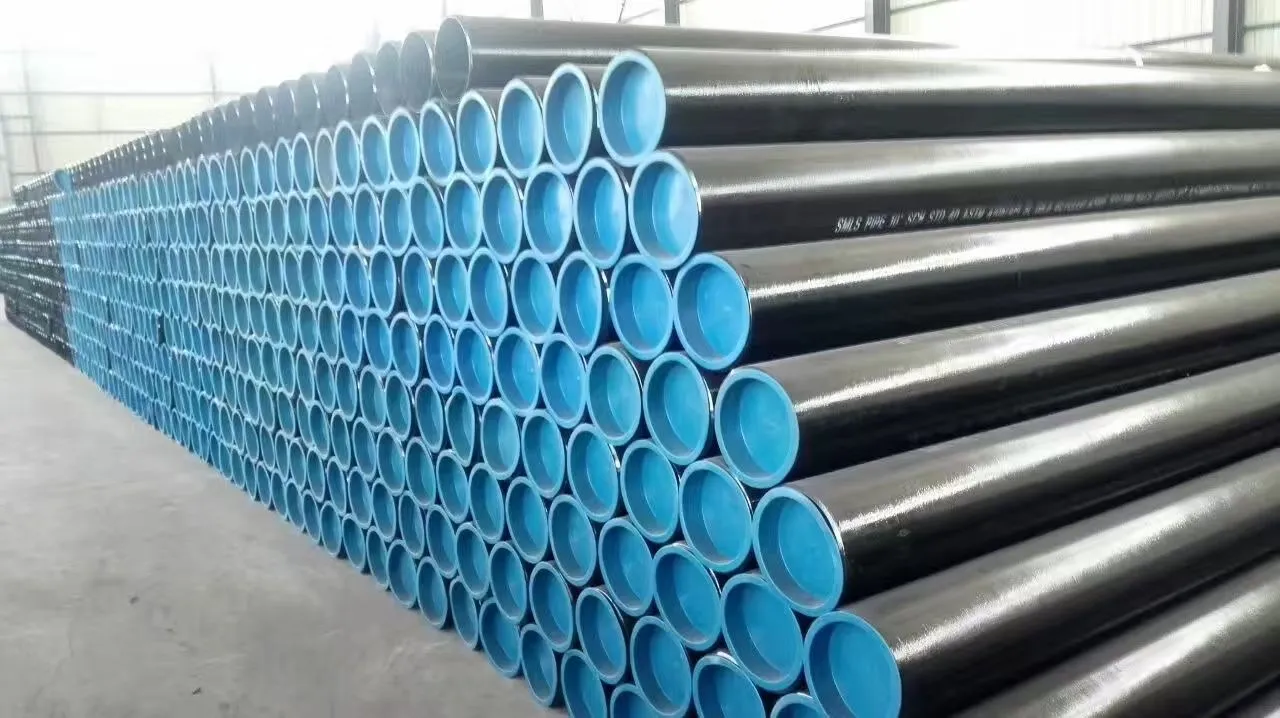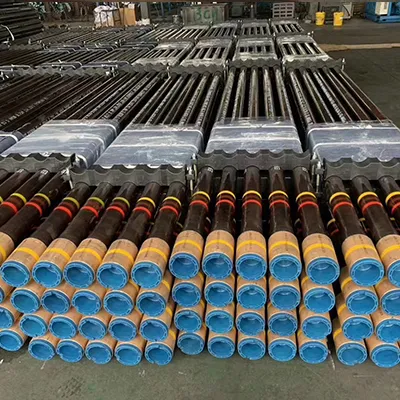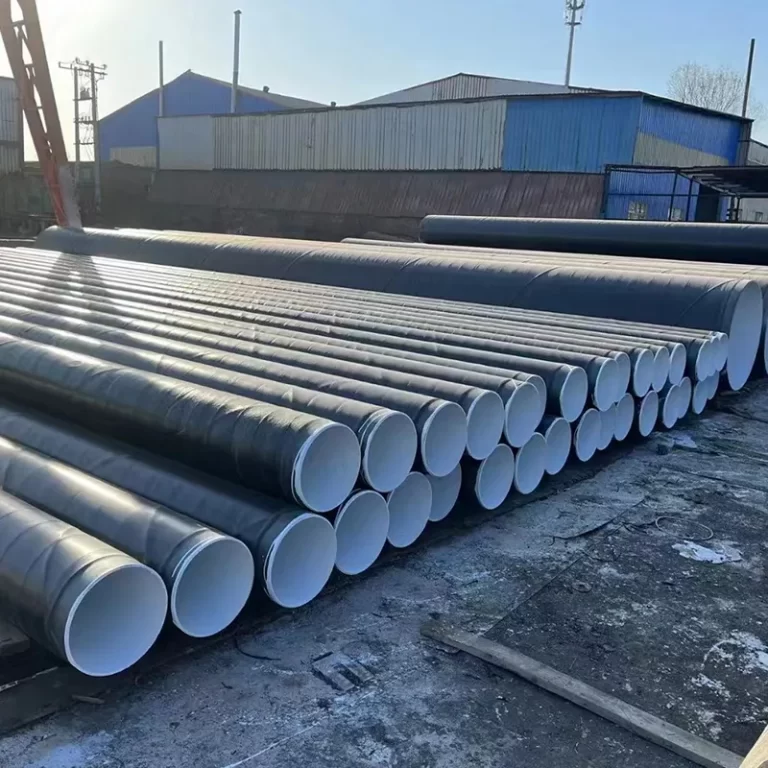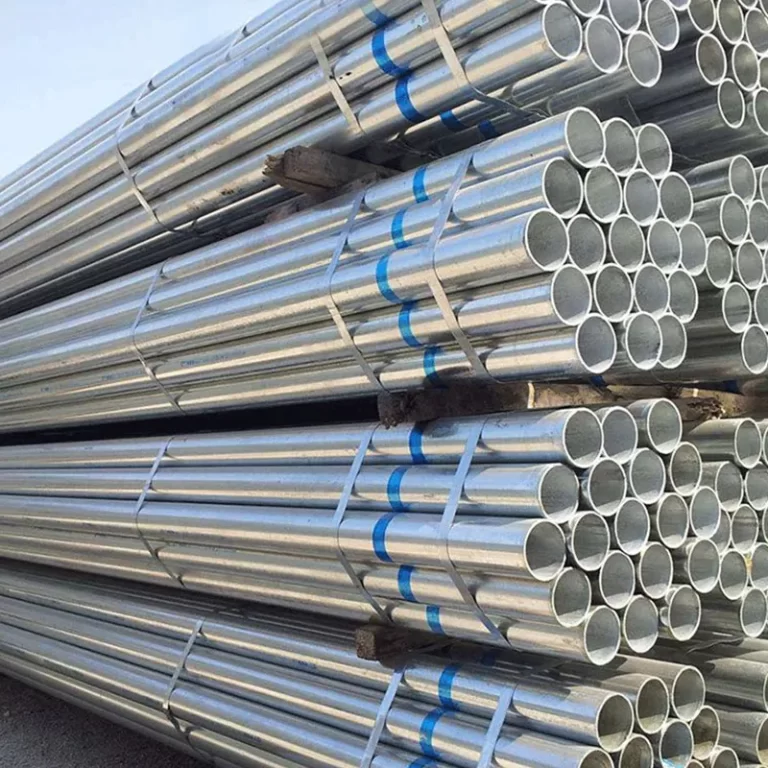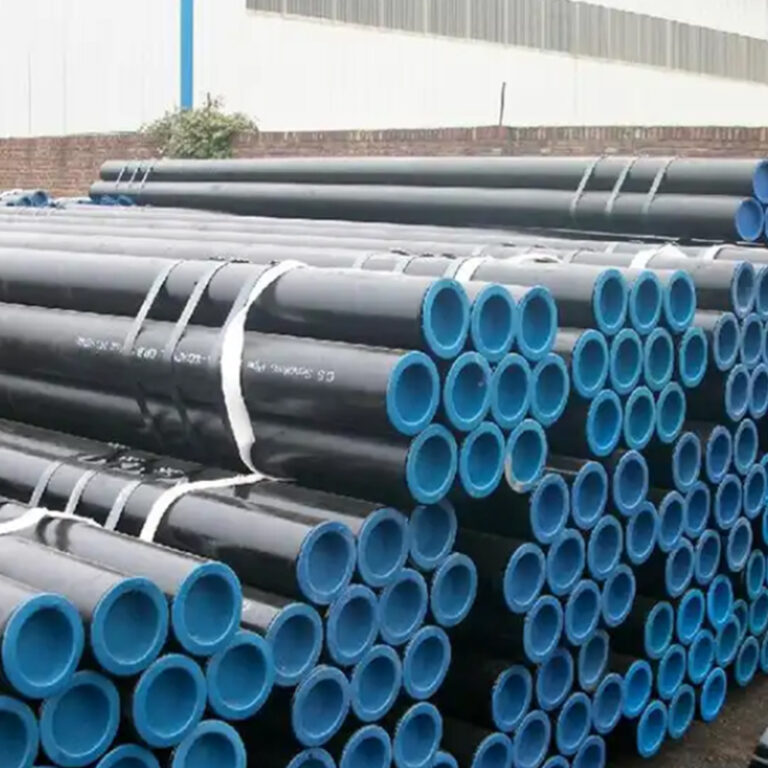Boiler tubes are seamless tubes and are made of either carbon steel or alloy steel. They are widely used in steam boilers, for power generation,
in fossil fuel plants, industrial processing plants, electric power plants, etc. Boiler tubes can either be medium- pressure boiler pipe or high-pressure boiler pipe.
Types of boiler tube
ASTM A179 Boiler Steel Pipes/Tubes
ASTM A192 Boiler Seamless Steel Pipes
High Pressure Boiler Steel Pipes
Low Pressure Boiler Steel Tubes
Test
The Steel Pipe Should Be Tested Hydraulically One By One. The Maximum Test Pressure Is 20 MPa. Under The Test Pressure, The Stabilization Time Should Be Not Less Than 10 S, And The Steel Pipe Should Not Leak.
After The User Agrees, The Hydraulic Test Can Be Replaced By Eddy Current Testing Or Magnetic Flux Leakage Testing.
Nondestructive Test:
Pipes That Require More Inspection Should Be Ultrasonically Inspected One By One. After The Negotiation Requires The Consent Of The Party And Is Specified In The Contract, Other Non-Destructive Testing Can Be Added.
Flattening Test:
Tubes With An Outer Diameter Greater Than 22 Mm Shall Be Subjected To A Flattening Test. No Visible Delamination, White Spots, Or Impurities Should Occur During The Entire Experiment.
Hardness Test:
For Pipe Of Grades P91, P92, P122, And P911, Brinell, Vickers, Or Rockwell Hardness Tests Shall Be Made On A Specimen From Each Lot
Bend Test:
For Pipe Whose Diameter Exceeds NPS 25 And Whose Diameter To Wall Thickness Ratio Is 7.0 Or Less Shall Be Subjected To The Bend Test Instead Of The Flattening Test. Other Pipe Whose Diameter Equals Or Exceeds NPS 10 May Be Given The Bend Test In Place Of The Flattening Test Subject To The Approval Of The Purchaser
